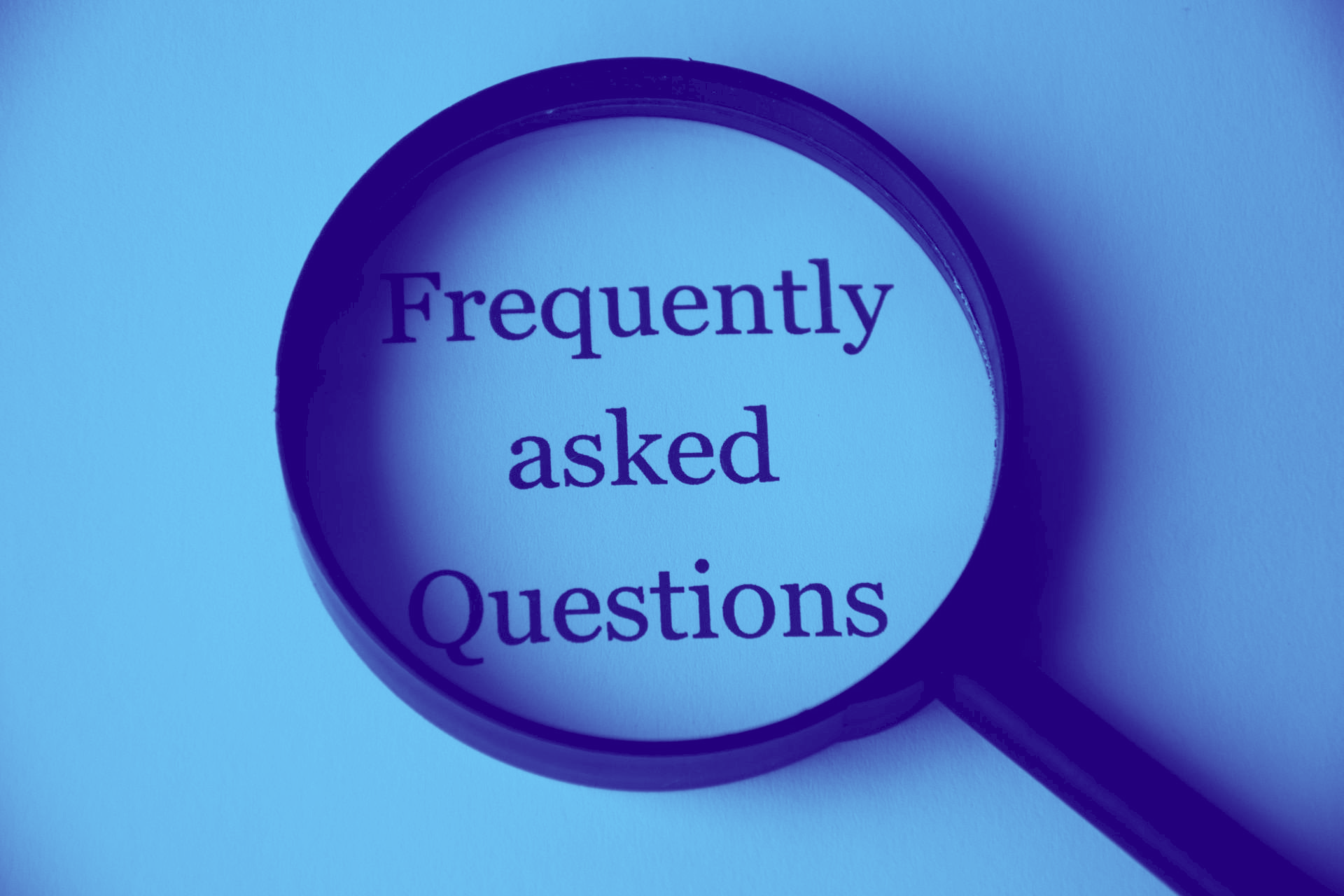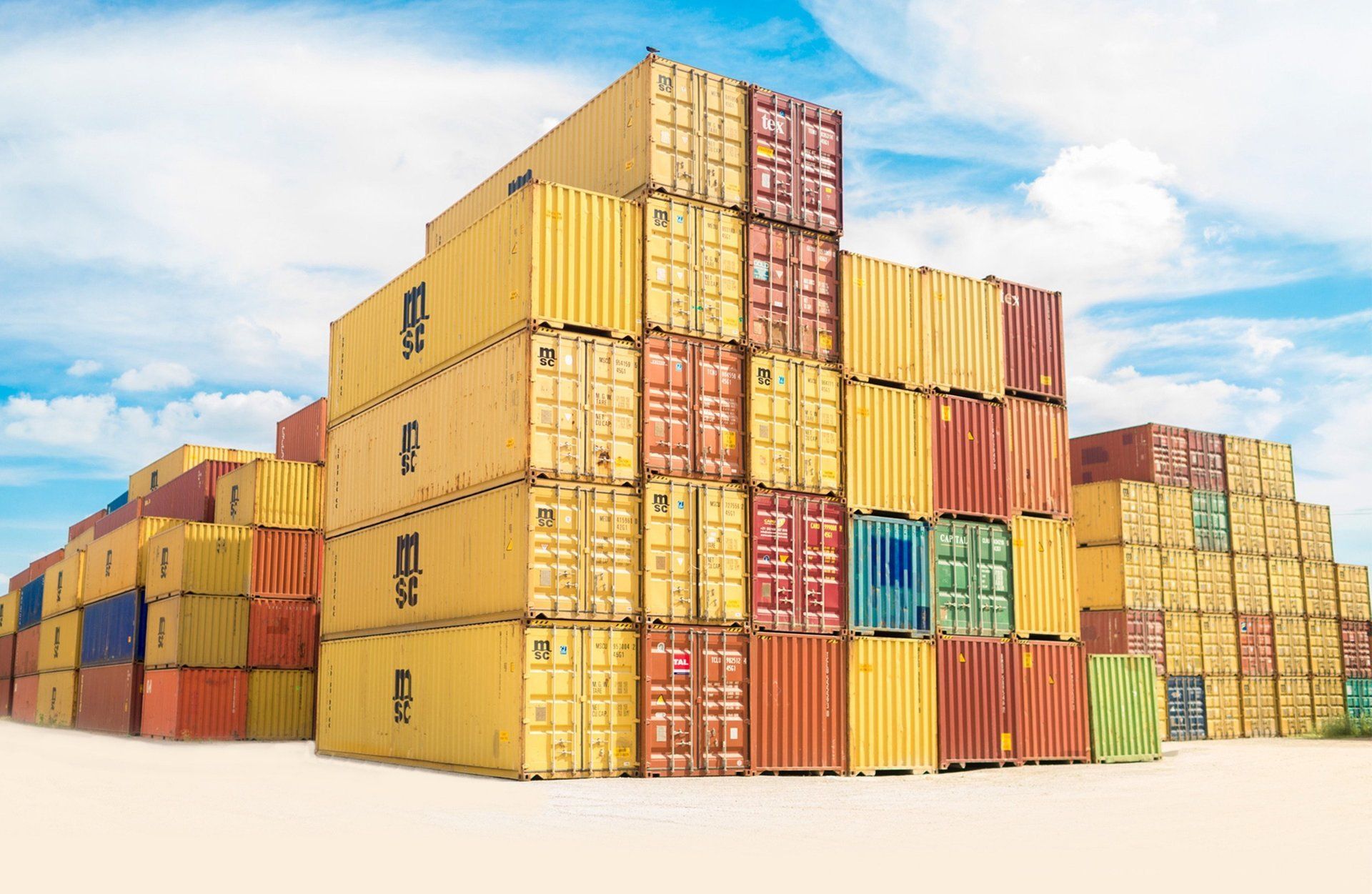Overcoming obstacles to posting to the EU
What do you need to do to ensure smooth delivery of post to the EU?
Avoid delivery delays and returned post
It's hard to believe that it's now more than four years ago that the UK decided to leave the EU, but finally, on January 1st 2021, the Government and the EU signed a deal on the trade agreement between them.
While most of the news in the media has been around industries such as fishing, manufacturing, and the financial sector, there are also changes that make everyday things - such as posting mail to the EU - slightly more complicated. Add to that the haste with which these changes came in after the announcement - leaving businesses just a week to prepare - and you get a good deal of frustration, confusion, and in some cases, financial loss.
So how do you avoid these 'teething problems' and make sure you post with confidence? Well, this quick guide to those changes should help get you through the confusion
Posting items abroad
The first thing you'll need to do, is complete your customs declaration forms. These are now necessary to ensure smooth delivery of your parcel (and prevent it coming straight back to you instead with a big sticker attached telling you what you did wrong!).
These forms are required for any parcel sent to the EU from the UK (except Northern Ireland), these are called CN22, and CN23, and they can be obtained from your Post Office, or printed from here:
Download CN22 form here
Download the CN23 form here
Your post office will be able to help you with any questions about which form you need, and how to correctly fill,in the details, but some online help can also be found here .
What do you need to know?
- Letters and large letters containing only correspondence, commercial invoices, or shipping documents do not require a customs declaration.
- CN22 - Package with a value of up to £270. This is a simple form, often attached to the side of the parcel as a sticker.
- CN23 - Package with a value of £270 or more. This contains more detailed information and is usually attached in a transparent wallet on the outside of the package, along with a CP71 form. Your Post Office can help complete this form correctly.
Find out more about the declaration form here
The recipient may then have to pay customs or VAT charges and a handling fee in the receiving country before they can claim the parcel. These charges will depend on the country they are sending to, the value of the item and whether it is a gift or commercial goods.
Be prepared - what do you need to complete your form?
1. GB EORI number
It’s now mandatory to have a GB EORI number to export to all international destinations. This number is unique to you, and should be inserted in the VAT field on the customs declaration form (CN22 or CN23) to help with customs compliance as seen in the instructions above.
If you don’t have a GB EORI number you can apply now here
2. Customs declaration forms
Electronic customs data is obtained by scanning a CN22 or CN23 customs declaration form. It is now mandatory for this to be provided for overseas items (excluding personal correspondence).
Complete the appropriate customs declaration clearly in
block letters and attach it to the
outside of your parcel. It is your responsibility to ensure the customs declaration includes an accurate description of the goods, their weight and value, your EORI number, the correct HS code, and whether it’s a gift or commercial item.
A customs declaration form is not required for customers sending items from Northern Ireland to the EU.
3. HS product codes
It is mandatory to include the Harmonised System (HS) code. This will help customs authorities identify the item, regardless of language barriers.
You can access a helpful HS lookup tool at parcelforce.com/tariffcode or visit gov.uk/trade‑tariff.
4. S10 barcode
All untracked items (excluding those containing personal correspondence only) being sent overseas from the UK will now require an S10 barcode on the outside of the parcel. This links with the information on your customs declaration form.
Sheets of adhesive barcodes are available to order in the usual way. For tracking and signature services the label barcode acts as the S10.
Customs authorities abroad are increasing their compliance checks, meaning incomplete or inaccurate CN22 or CN23 forms or missing S10 barcodes may result in additional charges or items being delayed, returned or seized.
5. VAT and customs duties
All sales of goods abroad are now treated as exports. They can be zero-rated for UK VAT purposes.
The recipient may then have to pay customs or VAT charges and a handling fee in the receiving country before they can claim the parcel. These charges will depend on the country they are sending to, the value of the item, and whether it is a gift or commercial goods. Letters, postcards, and documents are usually exempt.
Import VAT and duties will not be due on items from Northern Ireland to the EU.
Customs charges: items sent from Great Britain to the EU are subject to VAT and duties in the EU as follows:
- Until 1 July 2021, commercial goods sent to the EU with a value between €10* and €150 may be subject to import VAT and may incur a handling fee in the receiving country.
- Commercial goods sent to the EU over €150 may attract VAT, customs duties and a handling fee.
- Excise duty: is chargeable in addition to customs charges for certain products (i.e. alcohol and tobacco).
*The VAT threshold may vary depending on the country. You can find out more here
6. How taxes and duties can be paid
Franking services are provided on a Delivered Duties Unpaid (DDU) basis.
Royal Mail postal partners will collect the import VAT (and customs duty) from your EU customer prior to delivery, alongside a handling fee.
Receiving items from abroad
When receiving goods from abroad, recipients may have to pay VAT and duties.
CUSTOMS DUTY – A fee placed on gifts or goods sent to the UK from outside the EU.
The duty is payable if the items are above a certain value.
The charges are applied by Border Force on behalf of HMRC.
At the end of the transition period, customs duties are expected to apply for goods coming into the UK from the EU.
The VAT and duties will be applied depending on the type and value of the goods.
For gifts over £39 and goods over £135, Royal Mail may collect the VAT and customs duties on behalf of HM Revenue & Customs (HMRC) from the recipient prior to delivery.
Letters, postcards and documents are usually exempt.
Resources
Want to find out more about envelopes and mailroom equipment?
At IMS, we’re the franking experts. Want to find out if your business could benefit from mailroom machine such as a franking machine or folder inserter? Ask us!
Either fill out the form on our contact page, or get in touch via the Live Chat pop up in the bottom right of your screen.
Alternatively, call us on 0118 982 0988 or email info@ims-franking.co.uk.
If you have an questions about franking, just leave us a message on the form below:













